Your home is meant to be a sanctuary for you and your furry companion. However, despite your best efforts, hidden dangers that could seriously threaten your pet’s health still lurk inside. While some hazards may be obvious, others may come as a surprise. To help you create a safer living space for your four-legged friend, our Chiefland Animal Hospital team highlights some common household items that are surprisingly toxic to pets.
#1: Toxic foods for pets
While many pet owners are aware of the dangers of chocolate and grapes, many other foods, including onions, garlic, avocado, macadamia nuts, and xylitol (i.e., an artificial sweetener often found in sugar-free gum and candies) can also harm dogs and cats. Additionally, seemingly harmless foods like bread dough can expand in a pet’s stomach, leading to serious complications. Certain fruit pits, seeds, and skin can also harm your furry friend, so always check for toxicity potential before sharing what you consider a healthy snack with your pet.
#2: Toxic household plants for pets
While plants add beauty and delightful fragrances to your home, some can be poisonous to cats and dogs if ingested. Common household plants like lilies—especially in cats—sago palms, philodendrons, daffodils, and aloe vera can cause oral irritation, vomiting, diarrhea, organ dysfunction, or other severe health issues. When bringing plants into your home, ensure they are not toxic to your pet, or opt for artificial varieties.
#3: Toxic cleaning products for pets
Many household cleaners contain chemicals that harm pets if ingested or inhaled. Bleach, ammonia, and certain detergents can irritate your pet’s skin, eyes, and respiratory system. Always store cleaning products securely out of pets’ reach, use products according to label instructions, and use pet-safe alternatives when possible.
#4: Toxic medications for pets
Human medications, whether over-the-counter (OTC) or prescription drugs, can be dangerous for pets if ingested. Pain medication, antidepressants, and ADHD medications are a few examples of medications that can be toxic to pets, since people frequently take these medications and inadvertently share them by dropping pills. Always store medications in a secure location and never administer any medication to your pet without first consulting your Chiefland Animal Hospital veterinarian.
#5: Essential oil toxicity for pets
While essential oils are often used for aromatherapy and relaxation, certain oils can be toxic to pets if inhaled, ingested, or applied directly to their skin. Tea tree oil, citrus oils, and pennyroyal oil are particularly hazardous. Be cautious when diffusing oils in your home and keep them out of reach of curious pets.
#6: Glow stick toxicity in pets
While glow sticks and jewelry may seem harmless, the liquid inside can be toxic to pets if ingested. The chemical compounds, such as dibutyl phthalate, can cause drooling, vomiting, and oral irritation. Keep a close eye on your pet during festive occasions to ensure no one adorns them with hazardous glow jewelry.
#7: Nicotine toxicity in pets
Nicotine is toxic to pets, whether through cigarettes, nicotine patches, or chewing tobacco. Ingestion can lead to vomiting, tremors, seizures, and death. So, keep all nicotine products securely stored away from pets, and be cautious when disposing of cigarette butts, which can still contain significant nicotine and other toxic substances, like tobacco, tar, and chemicals, in the filter.
#8: Penny toxicity in pets
Pennies minted after 1982 contain zinc, which can be toxic to pets. When a pet ingests a penny, stomach acid can dissolve the metal, causing zinc to leach out. This can lead to toxicity signs, including vomiting, diarrhea, lethargy, and kidney failure. Keep loose change out of pets’ reach, and be mindful of coins dropped on the floor.
#9: Battery toxicity in pets
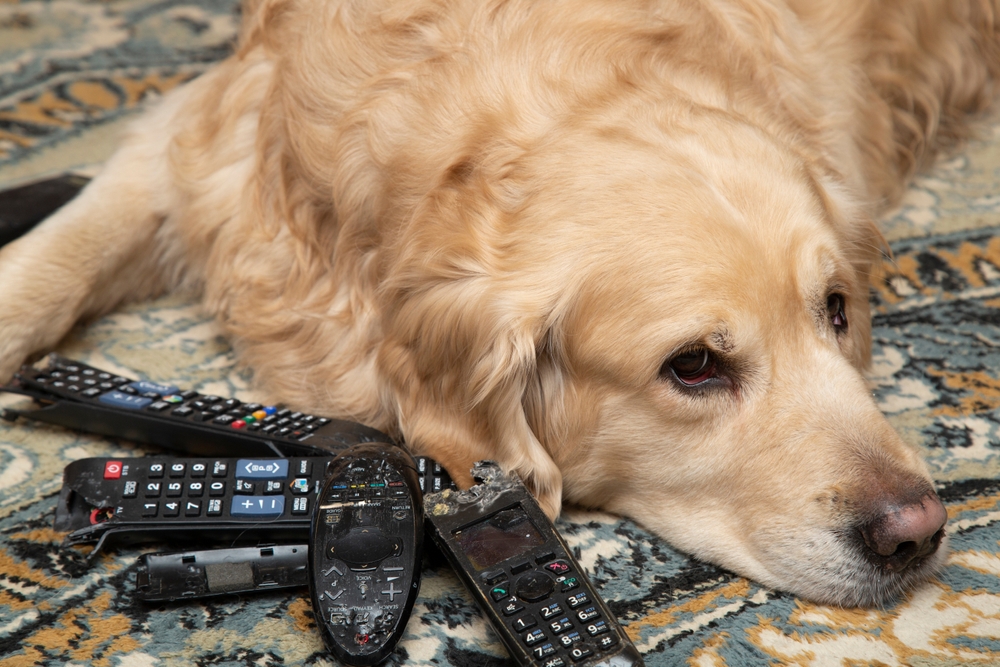
Batteries, particularly button batteries found in watches, remote controls, and toys, are a significant risk to pets if ingested. Battery acid can burn the mouth, throat, and stomach, leading to serious complications. Keep batteries stored safely away from pets and dispose of old batteries properly.
#10: Veterinary product toxicity in pets
Products prescribed by veterinarians and intended for pet use can still be toxic if administered incorrectly. For example, topical flea prevention intended for canine use can be extremely toxic if applied to a cat. Always ensure the product you give your pet has been prescribed specifically for them, and double-check the instructions to verify the correct dose.
Being aware of these unexpected household hazards is the first step toward protecting your pet from harm. Take the time to pet-proof your home by removing or securing these items, and always be vigilant in monitoring your pet’s behavior and environment. If you suspect your pet has ingested something toxic, contact our Chiefland Animal Hospital team or an animal poison control hotline immediately for guidance.



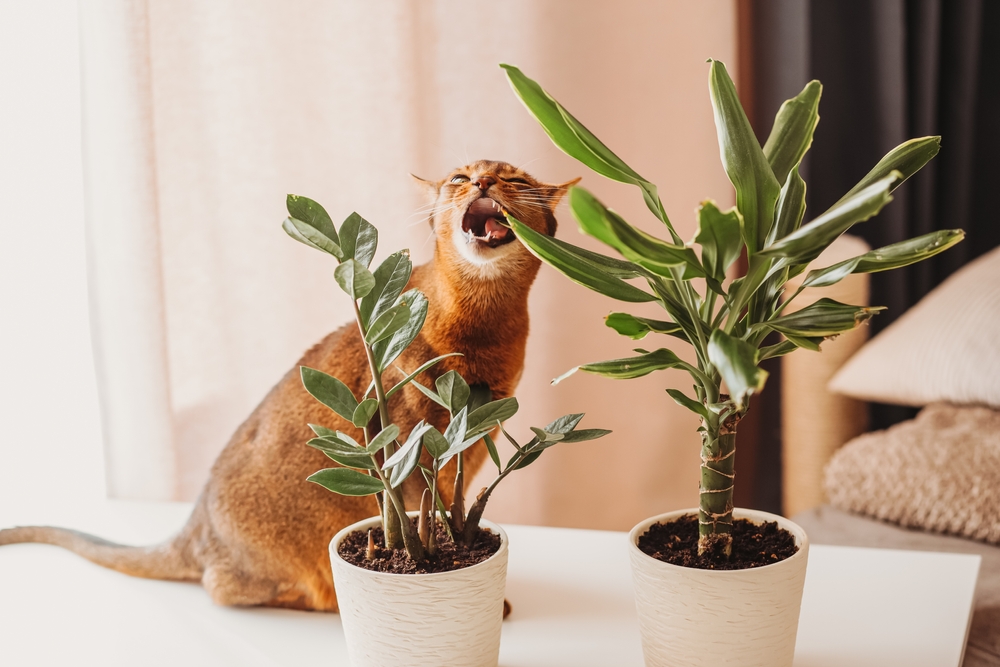
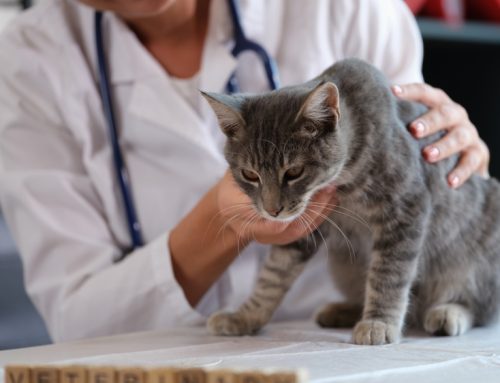
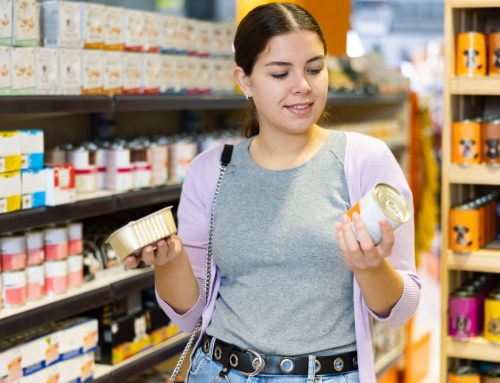
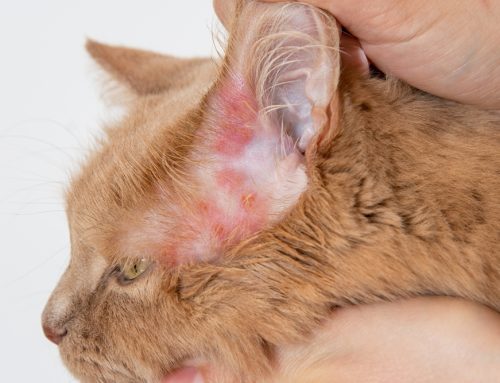

Leave A Comment